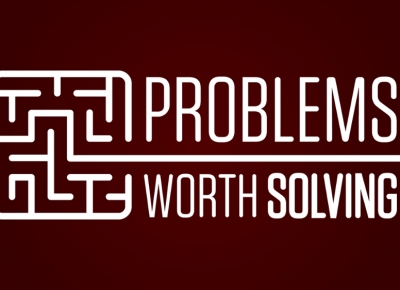Financial education is important for youth
Financial literacy is a core life skill for participating in modern society. Children are growing up in an increasingly complex world where they will eventually need to take charge of their own financial future.
National surveys show that young adults have amongst the lowest levels of financial literacy. This is reflected by their general inability to choose the right financial products and often a lack of interest in undertaking sound financial planning. Even from an early age, children need to develop the skills to help choose between different career and education options and manage any discretionary funds they may have, whether from allowances or part time jobs. These funds may entail the use of savings accounts or bank cards.
The OECD's Principles and Good Practices for Financial Education and Awareness recommend that financial education start as early as possible and be taught in schools. Including financial education as part of the school curriculum is a fair and efficient policy tool. Financial education is a long-term process. Building it into curriculums from an early age allows children to acquire the knowledge and skills to build responsible financial behaviour throughout each stage of their education. This is especially important as parents may be ill-equipped to teach their children about money and levels of financial literacy are generally low around the world.
Reference
https://www.oecd.org/finance/financial-education-and-youth.htm
http://www.oecd.org/financial/education/smarter-financial-education-behavioural-insights.pdf









